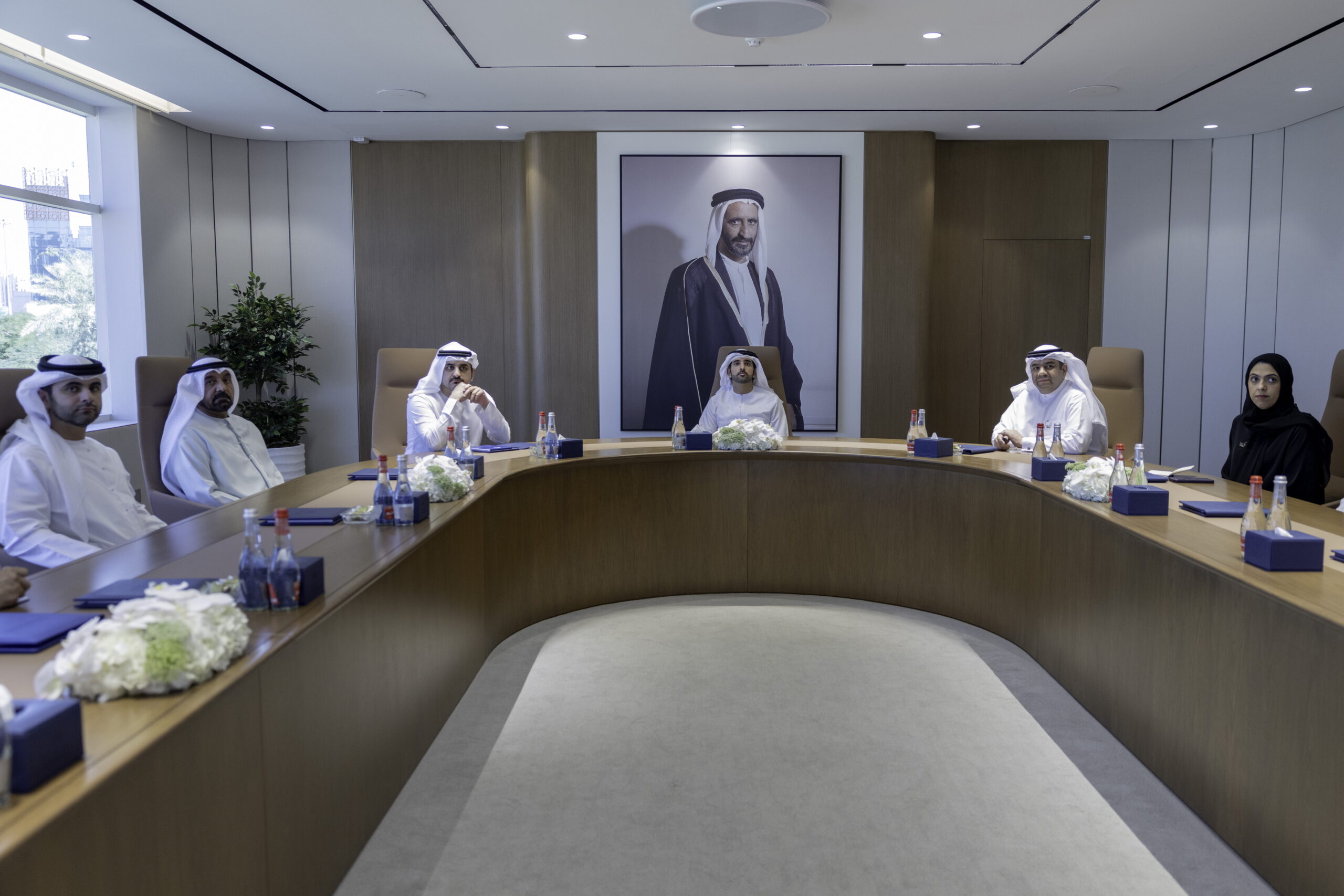- Russian air attack on Ukraine kills three and sparks sweeping outages Reuters
- Russia-Ukraine war updates: Darkness in Ukraine after latest Russian attack Al Jazeera
- Russian Offensive Campaign Assessment, December 23, 2025 Institute for the Study…
Category: 2. World
-
Russian air attack on Ukraine kills three and sparks sweeping outages – Reuters
-
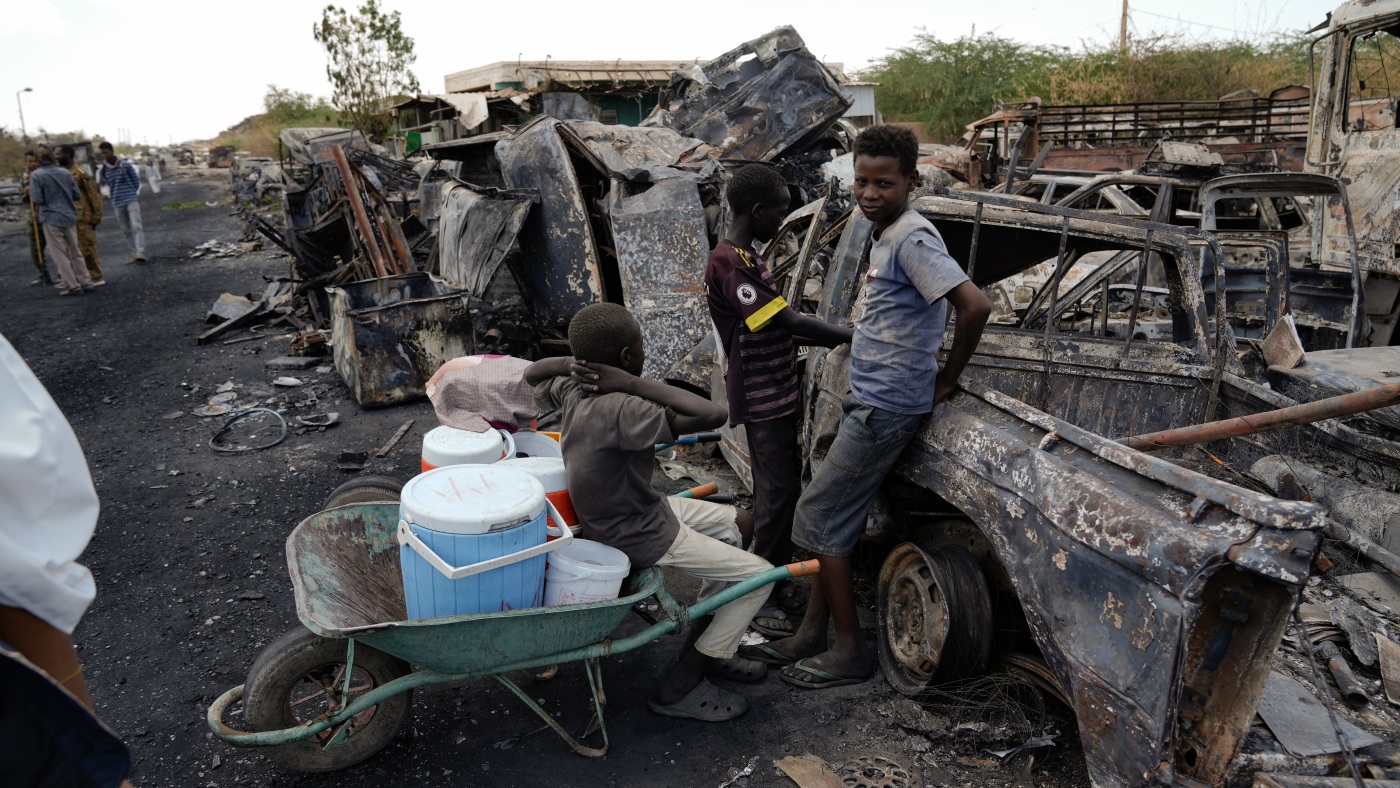
Sudan’s Capital, Ravaged by War : State of the World from NPR : NPR
Children selling a drink made from hibiscus flowers in Jebel Aulia, a neighborhood on the outskirts of Khartoum where the…
Continue Reading
-
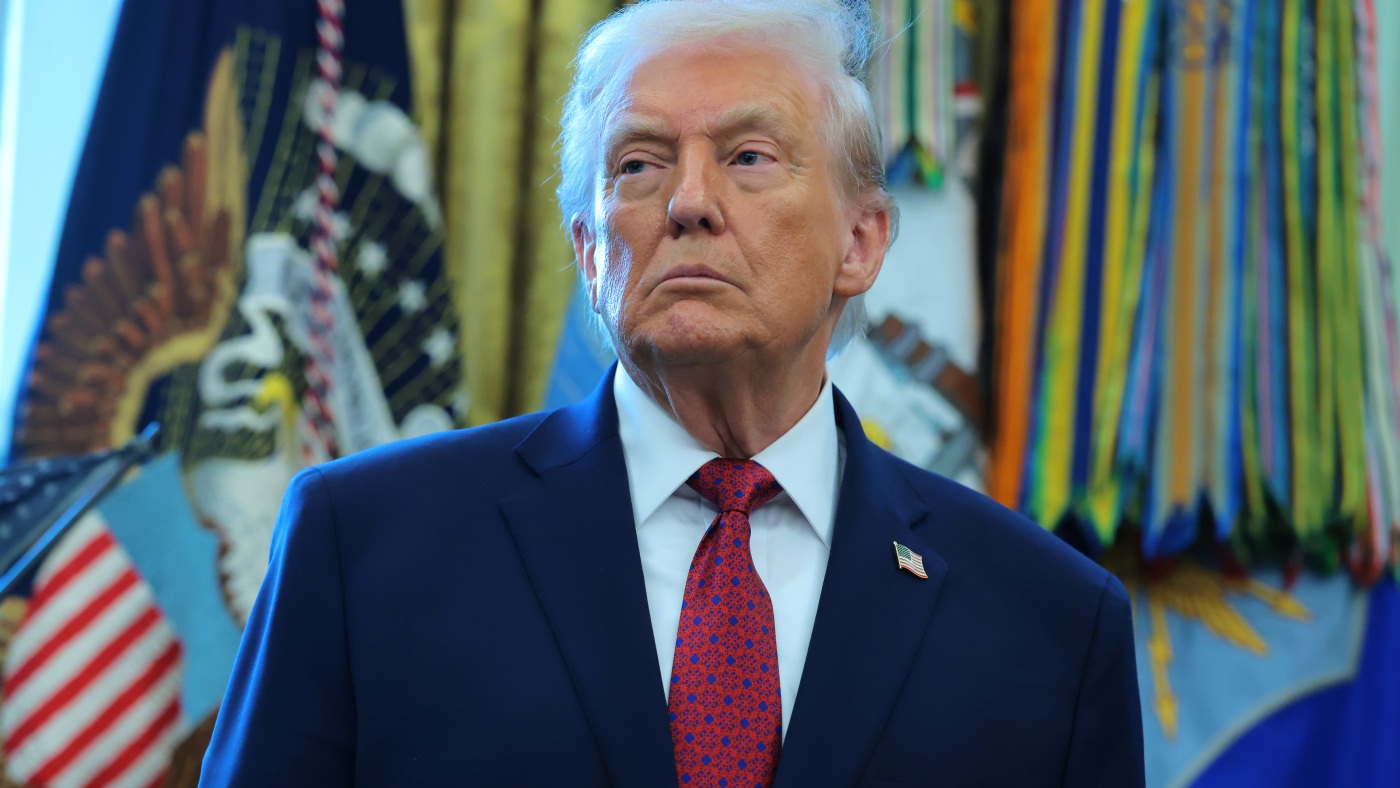
Justice Department releases more Epstein files and some mention Trump : NPR
President Donald Trump in the Oval Office of the White House on Dec.15, 2025 in Washington, D.C.
…Continue Reading
-
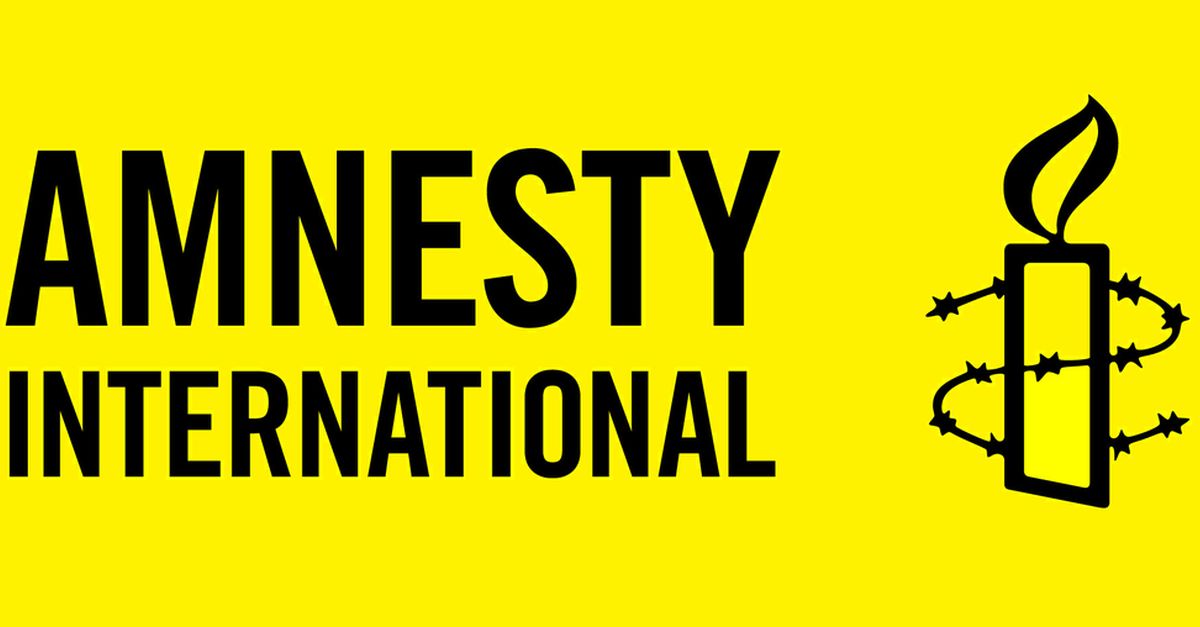
Arrest of Greta Thunberg is “wrongful and disturbing”
Responding to the arrest of Greta Thunberg for holding a sign in support of Palestine Action, Simon Crowther, Legal Adviser at Amnesty International, said:
“The arrest of Greta Thunberg for…
Continue Reading
-
Israel Won’t Leave Gaza, Will Build Settlements, Defense Minister Says – The Wall Street Journal
- Israel Won’t Leave Gaza, Will Build Settlements, Defense Minister Says The Wall Street Journal
- Israel will never fully withdraw from Gaza, defence minister says Al Jazeera
- Israel signals long-term Gaza occupation, undermining fragile…
Continue Reading
-
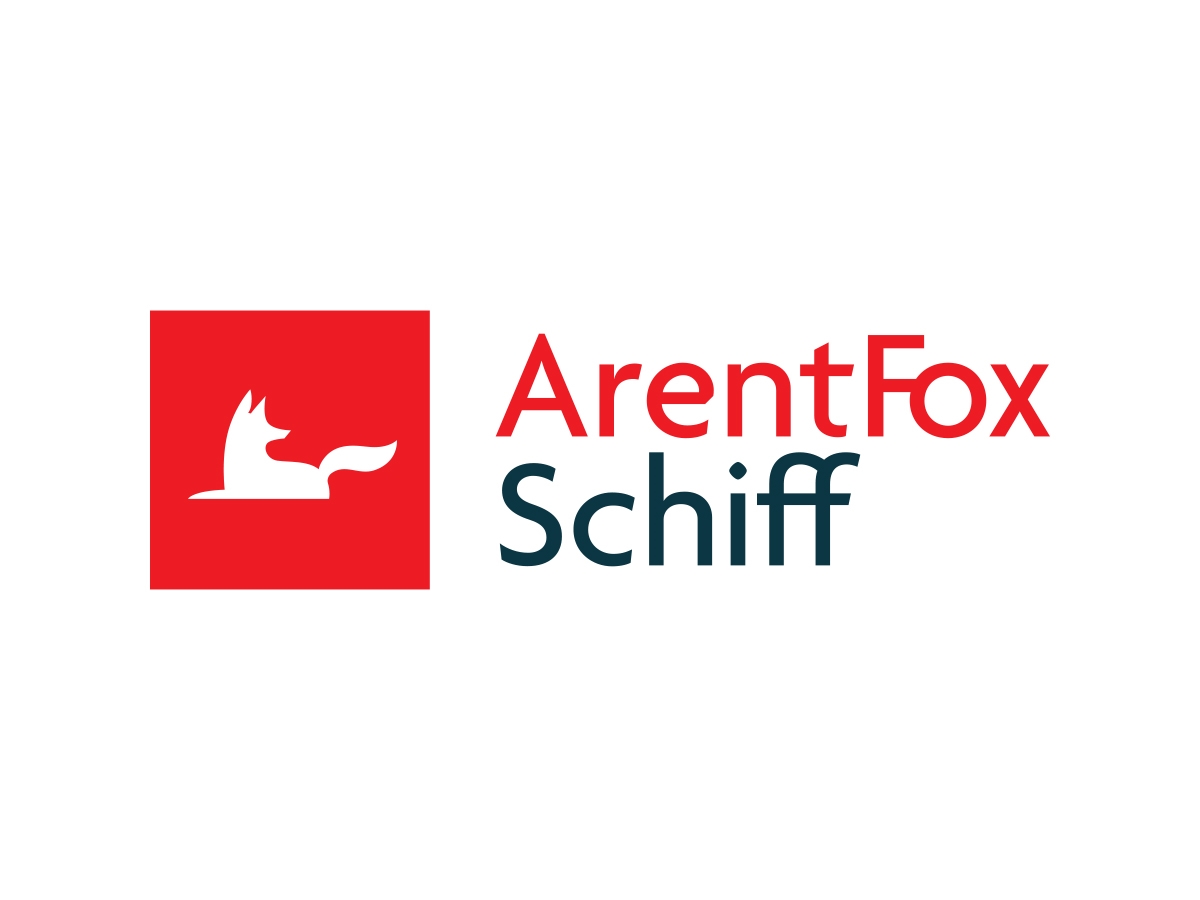
Urgent Travel Warning for Foreign Nationals: Newly Expanded Travel Ban and Canceled Visa Appointments May Leave You Stranded Abroad | ArentFox Schiff
Many foreign nationals travel home during the holidays to visit family. Recent federal actions have significantly restricted international travel for some foreign nationals, creating a risk that some individuals could be stranded outside the…
Continue Reading
-
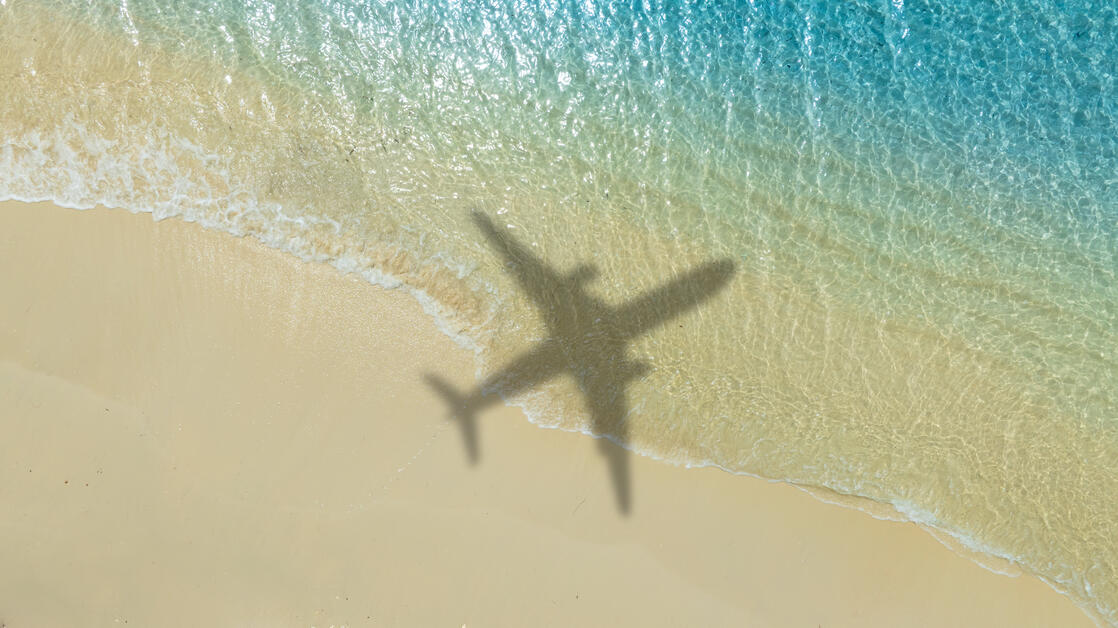
Your PTO is going places with Delta in 2026
To help kick off travel planning for 2026, Delta has mapped out popular PTO windows and paired them with destinations that shine during those exact moments.
…
Continue Reading
-

Japan gets local consent, clearing a last major hurdle to restart the world’s largest nuclear plant
TOKYO — The governor of Niigata on Tuesday formally gave local consent to put two reactors at the Kashiwazaki-Kariwa nuclear power plant in the north-central prefecture back online, clearing a last hurdle toward restarting the plant idled for…
Continue Reading
-
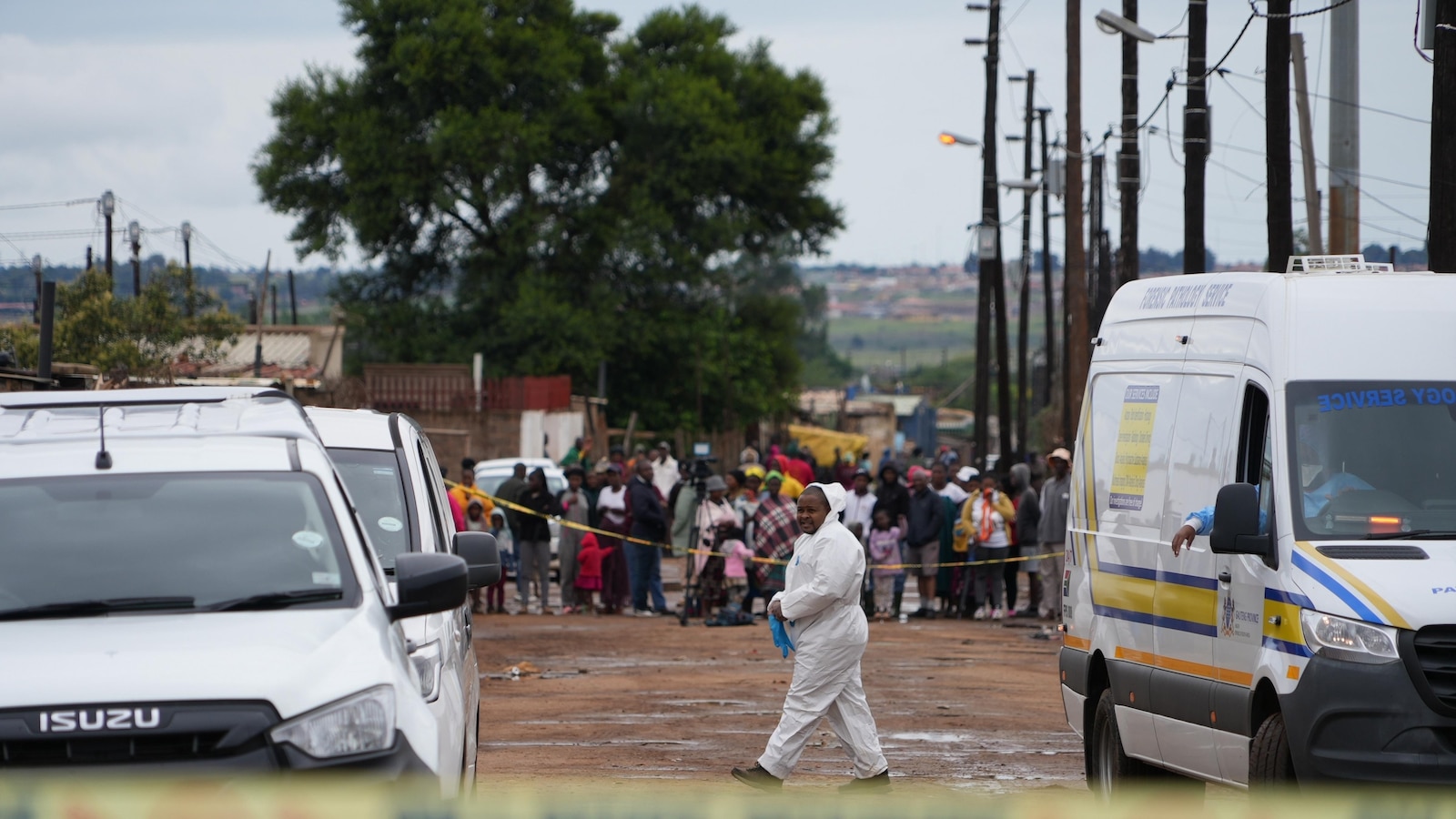
Death toll in South Africa’s latest pub shooting rises to 10
JOHANNESBURG — The death toll in South Africa ’s latest mass shooting at a pub rose to 10 on Tuesday, while police said they had identified two potential suspects.
Three women and seven men were killed in Sunday’s early-morning assault in the…
Continue Reading
